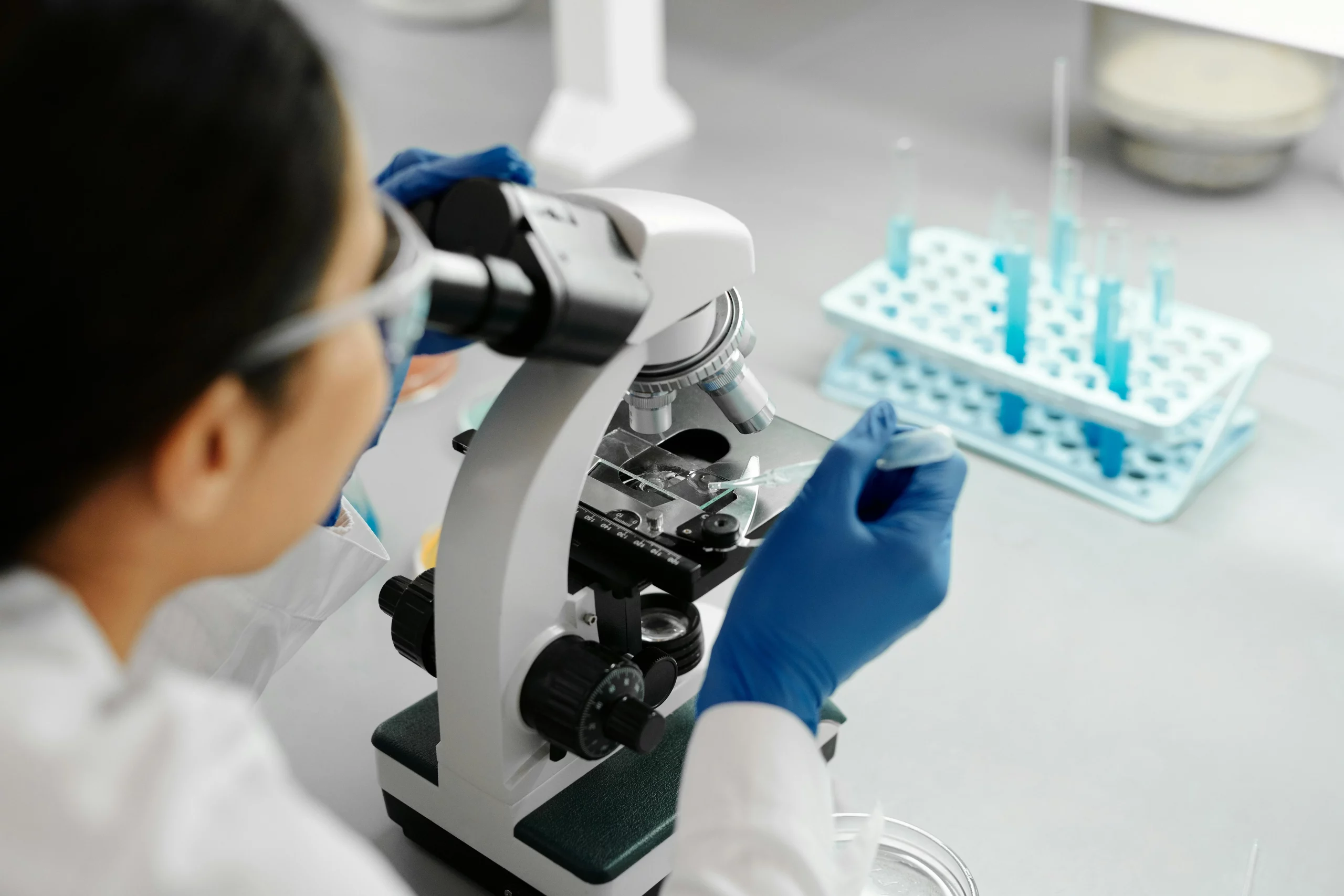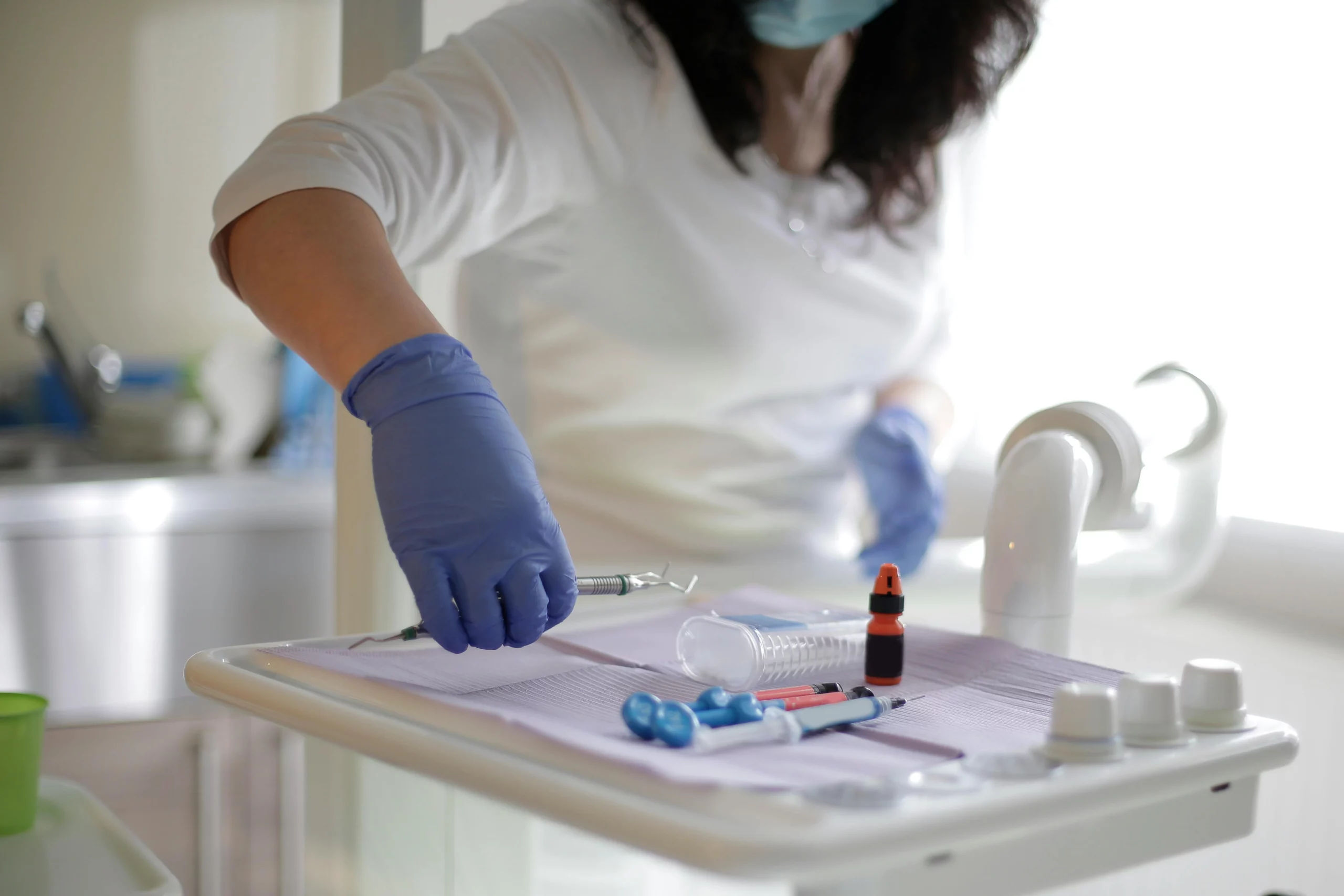What is a Biochemist?
A Biochemist is a highly skilled scientist specializing in the study of the chemical processes and substances that occur within living organisms. Biochemists conduct research to understand the molecular mechanisms underlying biological phenomena, such as metabolism, gene expression, and cellular signaling. They apply their knowledge to develop new drugs, diagnostic tests, and therapeutic interventions, as well as to address pressing challenges in fields like agriculture, environmental science, and forensic science.
Biochemist Job Description
Are you passionate about unraveling the mysteries of life at the molecular level? If so, we’re seeking dedicated individuals to join our team as Biochemists. As vital members of our scientific research and development team, successful candidates will play a key role in advancing our understanding of biochemical processes and their applications in various industries, including pharmaceuticals, biotechnology, and healthcare.
As a Biochemist, you will have the opportunity to contribute to groundbreaking research projects, collaborate with multidisciplinary teams, and make significant contributions to scientific knowledge and innovation.
The ideal candidate will possess a strong background in biochemistry, excellent research skills, and the ability to think critically and creatively to solve complex scientific problems.
What Does a Biochemist Do?
Research and Experimentation:
- Conduct laboratory experiments and research studies to investigate biochemical processes, characterize biomolecules, and elucidate molecular mechanisms underlying biological phenomena, using a variety of techniques and instrumentation.
- Design and execute experiments, analyze experimental data, and interpret results to draw meaningful conclusions, identify trends, and generate hypotheses for further investigation.
Data Analysis and Interpretation:
- Analyze and interpret experimental data using statistical methods, bioinformatics tools, and computational modeling approaches to derive insights, validate hypotheses, and generate scientific evidence supporting research findings.
Publication and Presentation:
- Prepare research manuscripts, scientific publications, and conference presentations to disseminate research findings, share knowledge with the scientific community, and contribute to the advancement of scientific knowledge in the field of biochemistry.
Collaboration and Communication:
- Collaborate with multidisciplinary teams of scientists, including biologists, chemists, pharmacologists, and clinicians, to integrate findings from different disciplines, exchange ideas, and leverage collective expertise to address complex scientific challenges.
Project Management and Planning:
- Plan and manage research projects, allocate resources, and establish timelines and milestones to ensure project success, meet objectives, and deliver high-quality results in a timely manner.
Quality Assurance and Compliance:
- Ensure compliance with laboratory safety protocols, ethical standards, and regulatory requirements governing research activities, including Good Laboratory Practice (GLP), Institutional Review Board (IRB) guidelines, and relevant industry regulations.
How Much Do Biochemists Make?
The average biochemist salary in the USA is $62,400 per year or $30 per hour. Entry level positions start at $50,700 per year while most experienced workers make up to $99,450 per year.
Skill Requirements
- Research Skills: Biochemists must possess strong research skills, including experimental design, data collection, data analysis, and interpretation, to conduct scientific research effectively and generate meaningful insights and conclusions.
- Analytical Skills: Biochemists should have strong analytical skills to analyze experimental data, identify patterns, trends, and correlations, and draw valid conclusions, using statistical methods, bioinformatics tools, and computational modeling approaches.
- Critical Thinking Skills: Biochemists must demonstrate critical thinking skills to evaluate scientific literature, formulate research hypotheses, design experiments, and interpret results critically and objectively, identifying potential sources of bias and error.
- Communication Skills: Biochemists should have strong communication skills to convey complex scientific concepts, research findings, and technical information clearly, accurately, and effectively to diverse audiences, including colleagues, collaborators, and stakeholders.
- Collaboration Skills: Biochemists must work collaboratively as part of multidisciplinary research teams, communicating openly, sharing ideas, and leveraging collective expertise to address complex scientific challenges and achieve research objectives.
- Problem-Solving Skills: Biochemists should have strong problem-solving skills to identify research questions, design experiments, troubleshoot technical issues, and overcome obstacles, adapting to changing circumstances and finding innovative solutions.
Example KPIs for a Biochemist
- Research Productivity and Impact: This KPI measures research productivity metrics, such as publications, citations, and impact factors, to assess the quantity, quality, and significance of a Biochemist’s research contributions and their impact on the scientific community.
- Experimental Design and Execution: This KPI evaluates the quality of experimental design, execution, and data analysis, assessing the rigor, reproducibility, and validity of experimental results and the reliability of scientific conclusions derived from them.
- Collaboration and Teamwork: This KPI assesses the effectiveness of collaboration and teamwork skills, evaluating the Biochemist’s ability to work collaboratively with multidisciplinary research teams, contribute expertise, and achieve common goals and research objectives.
- Project Management and Efficiency: This KPI measures project management skills, including resource allocation, timeline adherence, and milestone achievement, assessing the Biochemist’s ability to plan, execute, and complete research projects efficiently and effectively.
- Quality Assurance and Compliance: This KPI evaluates compliance with laboratory safety protocols, ethical standards, and regulatory requirements governing research activities, ensuring adherence to Good Laboratory Practice (GLP), Institutional Review Board (IRB) guidelines, and relevant industry regulations.
How Can Glider AI Help You with Hiring a Biochemist?
Glider’s recruitment platform is designed to streamline the hiring process for Biochemists by prioritizing competency over credentials. Utilize Glider AI Skill Intelligence™ to identify top-quality candidates, streamline candidate screening, and ensure a mobile-first, candidate-friendly experience.
Glider AI’s Unique Features
- Verify Medical Licenses
- Validate Hundreds of Medical, Clinical, and Technical Skills
- Ensure Hiring Compliance
- Conversational Chatbot for Talent Screening
- Powerful candidate analytics
- Streamline Healthcare Hiring with AI and Automation
Go ahead and spotlight your Biochemist with Glider AI today!
Schedule a Demo or contact us at info@glider.ai




